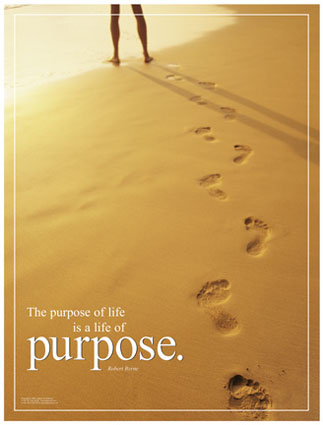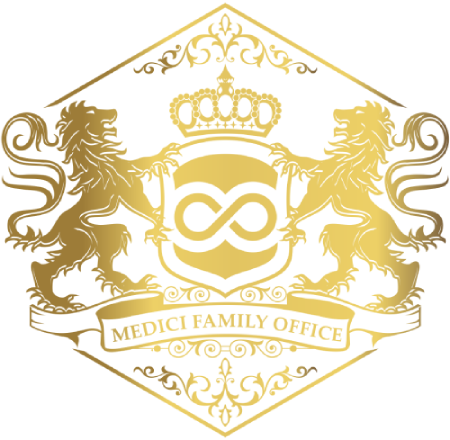Legacy Belief Five – Live with Passion and Pursue Your Purpose

Jack Canfield, the author of Chicken Soup for the Soul, says about purpose, “Each of us is born with a life purpose. Identifying, acknowledging and honouring this purpose is perhaps the most important action successful people take.” Yet in my life journey, I constantly encounter people more concerned about their destinations in life rather than fulfilling their true life purpose. Too bad these individuals cannot experience what Jim Carrey says, “I think everybody should get rich and famous and do everything they ever dreamed of so they can see that it’s not the answer.”
n regard to living with purpose, Ernest Becker, Pulitzer Prize-winning author and psychologist describes man’s greatest fear as follows, “What man really fears is not so much extinction, but extinction with insignificance.” When asked what surprises him the most, the Dalai Lama said,
“Man, because he sacrifices his health in order to make money. Then he sacrifices money to recuperate his health. And then he is so anxious about the future that he does not enjoy the present; the result being that he does not live in the present or the future; he lives as if he is never going to die, and then he dies having never really lived.”
Everyone’s life story encompasses the profound statement by Charles Dickens in A Tale of Two Cities (1859): “It was the best of times, it was the worst of times . . . .” The choices you make in life will establish the main plot, and sub-plots, of your life story. The meanings that you attach to your thoughts, feelings, and experiences in your life will create the mood and themes of your life story. The things you have in your life are simply sets and props that you must return at the end of your life story. Lastly, the people in your life are the players within your life story. Therefore, since you are the author, the director, the producer, and the leading Star of your own life story, should you not spend your time, talents, and treasures to make your life story a masterpiece that is both inspirational and empowering to yourself and others? After all, in regard to your own life, your life story “is the Greatest Story Ever Told!”
So here are your tasks for living with passion and leading a purpose driven life…
Answer the following questions to help you get started on your journey to discover your passion:
- What puts a smile on your face?
- What comes easily to you in your life?
- What sparks your interests and unleashes your creativity?
- What would you do for free because you simply love doing it?
- What do you like to talk about on a regular basis that brings out excitement in your voice and gestures?
- What makes you unafraid of failure?
- What would you regret not having tried if you knew you had less than a year to live?
In order to live a purpose driven life, it is very important that you ask yourself some key questions:
- Who am I?
- Where did I come from?
- Why am I here?
- What are my unique abilities?
- How can I share my unique abilities with others?
- Who do I aspire to be?
- What do I want from life?
- What am I giving back to the world?
- What am I grateful for in my life?
- What do I definitely want to avoid in my life?
- What would I regret not doing if I knew I only had a year to live?
In his book, Finishing Well: The Adventure of Life Beyond Halftime, Bob Buford provides the following quote from Tom Morris:
Success should never be confused with wealth or power, rather, success should be linked to excellence and fulfillment…
I have no problem with money, power, fame, or status – as long as they’re treated as resources, rather than as goals in themselves. But that’s precisely the problem for most people – and why? It’s so hard for people to answer the question “How much is enough?” If acquiring money or fame is your goal, how do you know when you have enough? Everyone I know who has a little wants more. But everyone I know who has a lot also wants more. (p. 9)
Success should never be confused with wealth or power, rather, success should be linked to excellence and fulfillment…
I have no problem with money, power, fame, or status – as long as they’re treated as resources, rather than as goals in themselves. But that’s precisely the problem for most people – and why? It’s so hard for people to answer the question “How much is enough?” If acquiring money or fame is your goal, how do you know when you have enough? Everyone I know who has a little wants more. But everyone I know who has a lot also wants more. (p. 9)
#2 – The Choice of Purpose
Reply: “I am a seaman first class – change your course ten degrees to the north.”
This last exchange really infuriated the captain, so he signaled back: “I am a battleship – change your course ten degrees to the south.”
